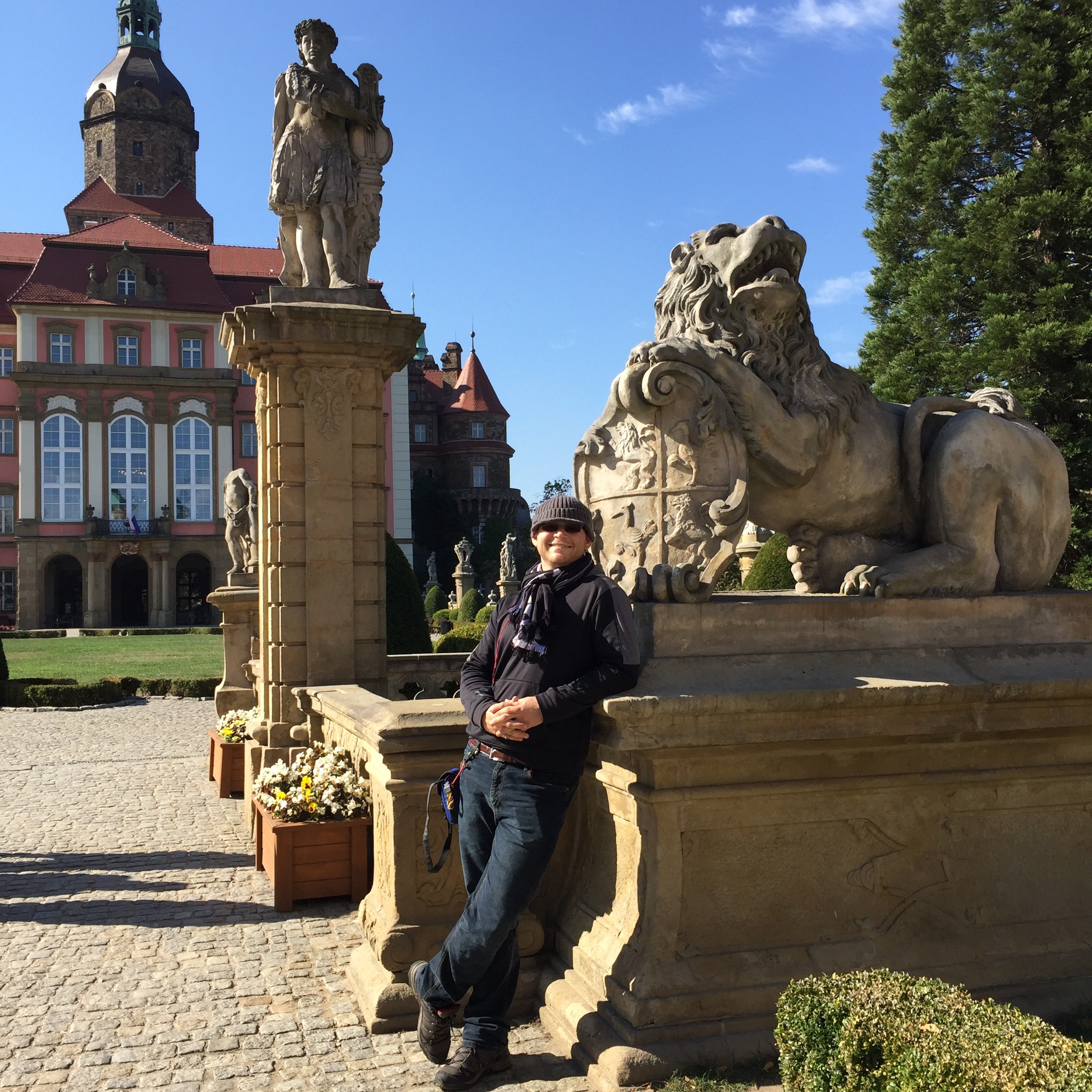Hello!
It’s about time to check in for an update.
If you’ll remember from my last post, talking about the Erasmus Mundus Global Studies program, each of the primary universities has a focus:
Leipzig, London, Roskilde, Vienna, Wroclaw (Our big 5):
at the University of Leipzig on comparative analysis of global entanglements both historically and for the present times, focusing on Eastern Europe, Western Europe, East Asia, sub-Saharan Africa, Northern Africa and the Middle East, Latin America and Northern America
at the London School of Economics on the economic and social history and analysis of economic globalization since around 1400
at the Roskilde University on development studies, global political economy and global governance, political culture and civil society
at the University of Vienna study of international organizations, global history from the year 1500 onwards, as well as area-related analysis of East Asia, sub-Saharan Africa, Central Europe and Latin America
at the University of Wroclaw on the analysis of transformation processes in Central and Eastern Europe, security issues, regional cooperation, communications and the media
All modules comprise history, cultural, area studies, social or political based approaches upon historical and contemporary patterns of globalization and different societal responses, towards these processes.
Now that I’m here, and two months in I can share a little more specific feedback:
I’m taking 32 ECTS (European Credits) including
EMGS Winter School: Located in Payerbach, Austria. All 70 of us from the five universities gathered, and we exchanged ideas related to globalization and transport. My workshop was on the Military Industrial complex, and on the nature of military proliferation in periphery states. Particularly, we examined the naval expansion of forces, and a focus on amphibious power projection in a trans-regional capacity. Why small states, disinterested in challenging the unipolar hegemonic power of the U.S., or the Triad (NAFTA, EU, and Japan (East Asia), are interested in trans-regional military power projection is definitely an interesting concept. Others focused on food and environmental “hoofprint”, historical transportation and geographic limitations to culture and globalization, and a variety of other topics.
Then there’s Methodology of Social Sciences: An interesting class – very similar to Research Methods class in my bachelors study at Arizona State University.
Human Rights in the Contemporary World: A subjective class, addressing Human Rights and their expansion and adoption worldwide.
Globalisation and Regionalisation: A two part class – focusing on Economic and Political aspects of both topics – poignant and timely – an excellent course.
International Protection of Environment: Studying economic and policy drivers affecting sustainable development and the environment.
Theory and Politics of Foreign Aid: Probably one of my favorites – focused on the history of foreign aid, and it’s politics – great reading from a variety of leading authors and real, case study focused, application and critical analysis.
Resource Curse: Oil, Minerals and the Development of Nations: Exactly what it sounds like – really fantastic!
Democracy and the Global Condition: Perspectives and Challenges – an excellent course focused on the development and nature of democracy and democratic pluralism, as well as the future of democracy.
I’m enjoying my courses, and I’ve had a great experience here so far.

Leave a Reply